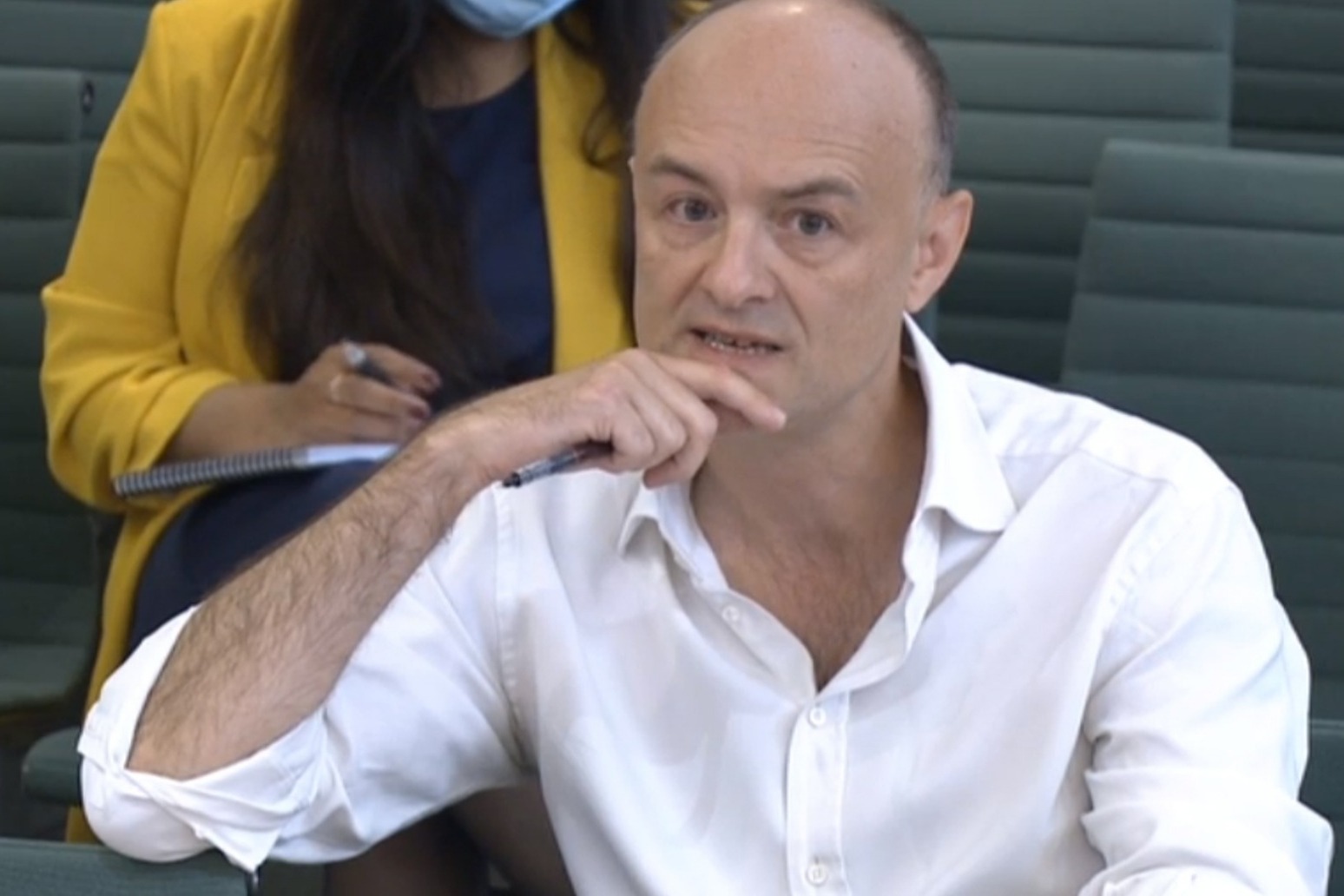
Decision to give Government contract to Cummings’ friends was unlawful – judge
Campaigners had taken legal action against Cabinet Office minister Michael Gove over the decision to pay more than £500,000 of taxpayers’ money to market research firm Public First
A Government decision to award a contract to a company whose bosses were friends of adviser Dominic Cummings gave rise to “apparent bias” and was unlawful, a High Court judge has ruled.
Campaigners had taken legal action against Cabinet Office minister Michael Gove over the decision to pay more than £500,000 of taxpayers’ money to market research firm Public First, following the start of the coronavirus crisis in March 2020, and questioned the involvement of Mr Cummings.
Lawyers representing the Good Law Project campaign organisation said Mr Cummings, Prime Minister Boris Johnson’s then-chief adviser, wanted focus group and communications support services work to be given to a company whose bosses were his friends.
Mr Gove, and Mr Cummings – who left Downing Street late in 2020 – disputed the Good Law Project’s claim.
Mrs Justice O’Farrell has made a ruling in favour of the Good Law Project and said there had been a “failure to consider any other research agency”.
The judge, who is based in London, considered rival arguments at a virtual High Court hearing in February and delivered a ruling on Wednesday.
She said a fair-minded and informed observer would have appreciated that there was an urgent need for research through focus groups on effective communications in response to the Covid-19 crisis.
The judge also said a fair-minded and informed observer would have appreciated that Mr Cummings was “uniquely placed”, given his experience and expertise, to form a rapid view on which organisation might best be able to deliver those “urgent requirements”.
She said Mr Cummings’ professional and personal connections with Public First did not preclude him from making an impartial assessment “in this regard”.
But she added: “However, the defendant’s failure to consider any other research agency, by reference to experience, expertise, availability or capacity, would lead a fair-minded and informed observer to conclude that there was a real possibility, or a real danger, that the decision-maker was biased.”
She said the Good Law Project was entitled to a declaration that the decision, taken on June 5 2020, to award the contract to Public First “gave rise to apparent bias and was unlawful”.
Good Law Project director Jo Maugham said after the ruling: “This is not Government for the public good – it is Government for the good of friends of the Conservative Party.
“We just don’t understand how the Prime Minister can run a Cabinet that acts without proper regard for the law or value for public money.
“Government has claimed there was no favouritism in the awarding of contracts. But the High Court has held an informed observer would conclude otherwise.”
A Cabinet Office spokesman said: “We welcome the court’s ruling that we were entitled to award the contract on grounds of extreme urgency in response to an unprecedented global pandemic.
“The judge recognised the very complex circumstances at the height of the pandemic and that failure to provide effective communications would have put public health at risk.
“The judgment makes clear that there was no suggestion of actual bias and that the decision to award the contract was not due to any personal or professional connections.”
He said “procedural issues” raised in the judgment had already been addressed through the implementation of an independent review of procurement processes.
A spokesman for Public First said: “We’re deeply proud of the work we did in the early stages of the pandemic, which helped save lives.
“The judge rejected most of the Good Law Project’s claims, not finding actual bias in the awarding of this work, nor any problems with the pace or scale of the award.
“Rather, the judge found that weak internal processes gave rise to the appearance of bias.
“The judge made no criticism whatsoever of Public First anywhere in the judgment.”
Published: by Radio NewsHub